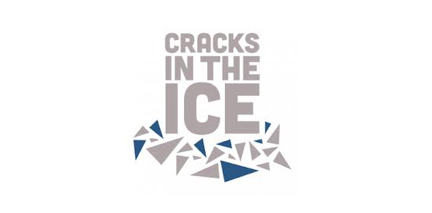Methamphetamine use disorder (MAUD) is of worldwide concern, and within Australia the number of dependent and regular heavy users of methamphetamine is increasing and people who use are doing so with increasing harm.
Psilocybin is a psychoactive molecule within the psychedelic class, that when used alongside psychotherapy within a conducive delivery protocol, has been shown to have clinical potential for inducing therapeutically beneficial behaviour change in a variety of psychiatric and substance use settings. Psilocybin facilitation psychotherapy (PP) has shown such promise for these indications that is have been awarded FDA breakthrough therapy status two years consecutively.
MAUD is currently treated with psychosocial interventions with modest effectiveness and there is a dire need for novel treatments with increased efficacy.
We propose a pilot study to examine the safety and feasibility of delivering psilocybin-facilitated psychotherapy in an outpatient setting to people with MAUD. This innovative study would be the first of its kind in the world and the second in Australia to investigate the use of PP. Our study involves three or more psychotherapy sessions prior to an eight-hour psilocybin dosing session. This is followed by two to three subsequent psychotherapy sessions to help people understand their experiences during the psilocybin dosing session. Motivational Interviewing and Acceptance and Commitment therapy-based psychotherapy will be integrated with the psilocybin dose experience al all stages.
Participants will be followed up for three months following treatment to measure a range of outcomes related to safety and effectiveness.
The study is designed to sit within the current treatment model of the Stimulant Treatment Program (STP), using therapy modalities common to clinicians in STP and the broader field of substance use treatment. As such the psilocybin assisted psychotherapy design would be able to be implemented and integrated into treatment as usual.
If found to be safe and feasible within this population, larger RCTs examining the efficacy of psilocybin-facilitated psychotherapy for MAUD will be pursued. The potential benefits of an intervention that synergises pharmacological and psychological components to improve outcomes for stimulant users is wide reaching and profound.
Dr Elizabeth Knock, Chief Investigator & NCCRED Clinical Research Scholar
St Vincents Hospital Sydney (SVHS) Alcohol & Drug Service (ADS)
Dr Jonathan Brett, Chief Investigator
SVHS ADS
Prof Nadine Ezard, Associate Investigator
SVHS ADS & NCCRED
Prof Ric Day, Associate Investigator
SVHS
Dr Nicholas Babidge, Associate Investigator
SVHS Mental Health Services
Dr Krista Siefried, Associate Investigator
SVHS & NCCRED
Dr Paul Liknaitzky, Associate Investigator
St Vincents Hospital Melbourne (SVHM) Mental Health
Dr Margaret Ross, Associate Investigator
SVHM Psychosocial cancer centre and palliative medicine
Mr Steve Albert, Associate Investigator
University of New South Wales




